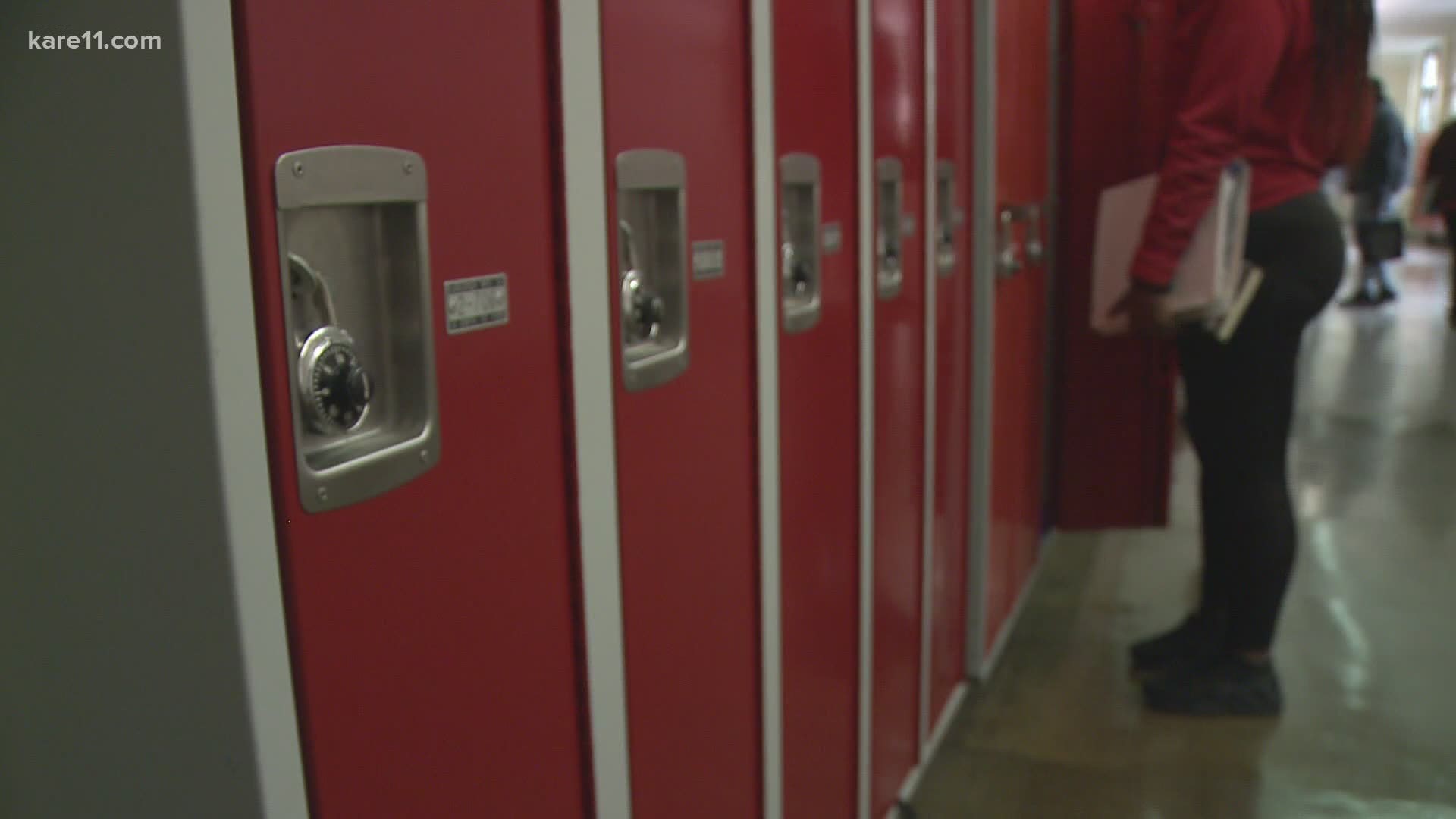On the eve of a decision that will impact students, families and communities across the state, Dr. Michael Osterholm says Minnesota Governor Tim Walz is prepared to offer guidance and flexibility to districts to make their own back-to-school decisions this fall.
Osterholm, the renowned leader of the University of Minnesota Center for Infectious Disease Research and Policy, has offered his expertise to state leaders since the beginning of the pandemic, but he says the back to school decision is among the most important decisions the governor will ever make.
Hours before Walz unveils his plan with state health and education officials, Osterholm spoke to KARE-11 reporter Kent Erdahl about what to expect.
Kent Erdahl: "What do you see as the biggest challenge to getting students back in the classroom?"
Osterholm: "Well it would be a simple answer to say the virus, and it is because the virus is really driving this. Everything will be dependent on what's happening in our communities with transmission. If we have very little transmission in any one given area, we should be able to get schools reopened with much less impact than if you have a community where it's moderate or high levels of transmission."
Erdahl: "You talked about spread within a community. Do you think individual communities, or districts, should be able to have a little bit of leeway there with reopening?"
Osterholm: "Oh I think they absolutely have to have leeway. I think that kind of flexibility is really critical. Obviously I know that it's not comfortable, we all want to get into a response that now we know what we're doing, but just like dealing with snow days in Minnesota, we're going to be dealing with a COVID year. I can say that I am certain, based on all of my interviews with school superintendents, teachers, staff support people, parents, that everyone is going to do what they can to make it work. We've got to have resources and I know that the state of Minnesota is going to be providing some resources. We surely need the support from Washington."
Erdahl: "Do you think it's important that the state offer parameters for when schools should close, when they should go to hybrid and so on?"
Osterholm: "I am very confident that the Governor will offer, I think, really critical guidance. I've had the opportunity to participate in these discussions. What I think this plan will provide is enough direction so that school districts understand where they should consider starting their school year. With that there is also flexibility, I believe, that will be there that will allow them to change that if the conditions in the community change."
Erdahl: "So do you see some districts possibly starting in person classes? Even if it's a hybrid?"
Osterholm: "I think there are surely districts in Minnesota that could start school in late August. Now, I'm saying that today, in July. Four to six weeks from now may be a different world, and that's what we have to keep in mind. We're going to be constantly dealing with the conditions on the ground, on that day."
Erdahl: "Is opening as much about the students, as it is about the adults who have to teach them and the parents and the families?"
Osterholm: "Deciding to open a school is about all of us. It's about our entire communities. I think right now we need flexibility and we need understanding. Anybody who has all the answers in what to do with schools, doesn't have answers at all. How we get through this, I actually believe, from a school standpoint, will be one of the really critical moments for which history will judge us. I think 20 to 40 years from now, when our great grand kids are reading about the pandemic of 2020, how we handled our schools, how we handled the kids, how they melded into our community response, will be one of the defining moments of this pandemic."

